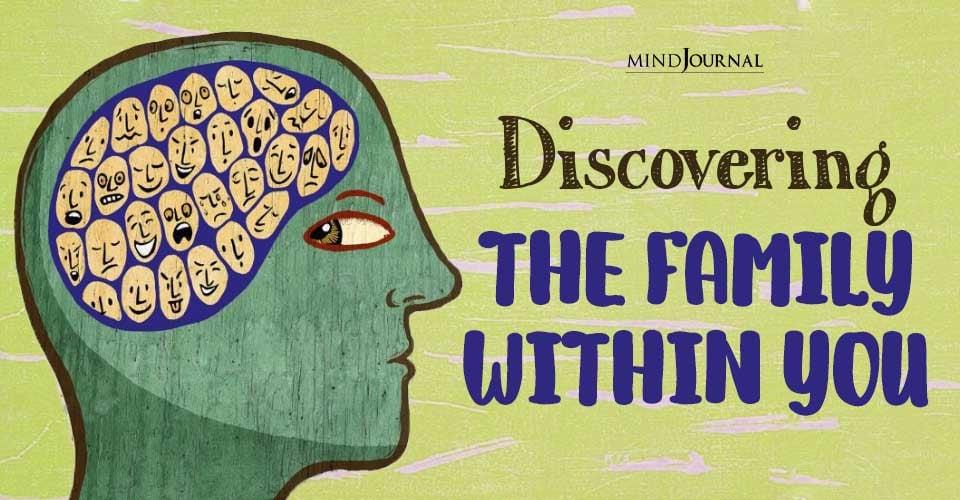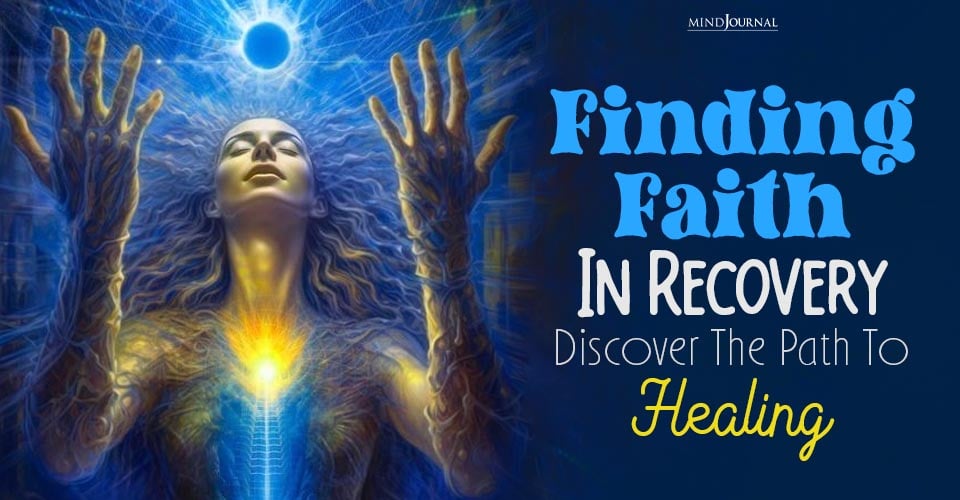Too many Empaths go through life feeling like they don’t belong. It’s as though they have been dumped in a reality that is not a fit for them… So what is the cause of empaths sense of not belonging?
Even before we discover who we are, as Empaths, we can feel like a giant square peg trying to squeeze into a tiny hole.
We look around at those who glide through life, following the rules laid down by society, who appear contented with the way the system operates and who slot in with others effortlessly.
Even if they are unhappy, they never seem to question anything, nor find fault with ‘the way things work’. We may wonder why is it so easy for them to ‘fit in’ but not for us?
There are several reasons for this ‘sense of not belonging’ the Empath has; one of which being the way we ‘feel’.
Considering the main trait of an Empath is being able to feel as well as experience the emotions of others, you would think this would give us a greater connection to those around us… but that often isn’t the case.
We can tell when another is feeling nervous when one is angry or sad
We can feel when someone is being untruthful, or when they are pretending to be something they’re not, we can even pick up on others’ physical pain.
We may understand another by how they feel, but it doesn’t mean we like or accept their ways, and it doesn’t stop the sense of alienation we feel.
Related: What Is Your Strongest Gift As An Empath? Choose A Circle Which Calls Out To You The Most
The gift of the Empath is to feel both good and bad
Granted, not everyone would consider the ability to experience every Tom, Dick and Harry’s emotional energy as a gift.
In fact, some would say quite the opposite. But it is who we are and it is what we feel that sets us apart.
Most Empaths only come to discover who they are
as a Sensitive, after an intense awakening or by going through challenging times.
And because of this rude awakening, we may struggle to deal with our emotions and the emotions of others. We may take on too much and then, as a result, suffer from overwhelming, fatigue and a host of other strange anomalies. Being around people is then not tolerated well and we need to spend more time alone. Which only further intensifies this ‘Empaths Sense of Not Belonging.’
Although we can’t see it at the time, these dark trying times are like an initiation. They are meant to happen and they are meant to challenge us in the most hideous of ways… which also happens to set us further apart from the world.
Related: 10 Reasons Why Empaths Have a Hard Time Finding True Love
As Empaths, we have to go through the dark to find the light.
And what I mean by this is when we endure difficult times and work to change ourselves for the better, we become better people. Dark times are a precursor to change.
The good that comes to us in life is often the result of something bad happening.
But still, that doesn’t really answer the question of why so many Empaths feel like they don’t belong here…
Although we are all on a journey with our own lessons to learn, I believe we have the sense of not belonging as a way to prevent us from standing still.
We are meant to keep moving forwards, we are meant to continue to learn (and unlearn), and seek out our own truth. And in searching for ‘our place’ in life, and a sense of belonging, it keeps us working towards bettering ourselves in every way.
We become stronger, healthier, our empathy increases and we eventually come to the point where we stop looking outside ourselves for answers and go within.
Related: 5 Ways To Become A Healer
Society is constantly dictating to us, trying to tell us how to think, how we should be educated and what we need to make us happy.
But what society tells us will make us happy really won’t and the Empath KNOWS that… Even if on the surface level they don’t yet realise.
We are not all supposed to look, think and feel the same. We are each unique (even as Empaths) and we are meant to have our own experience of discovery. But we are lied to all the time and made to feel insecure and insignificant.
It is hardly surprising then that, as Empaths, we feel like we don’t belong. We sense the hidden lies, and manipulation, all around us (which makes finding ‘our truth’ an even greater challenge). It is hard to feel right in a world where everything feels so wrong!
Related: The 15 Strange Behaviors Of An Authentic Empath.
The strong sense of not belonging can even be attributed to us not belonging to ourselves…
There is, however, a silver lining, because the farther down this road we walk, the more sense the journey makes. As long as we keep working on ourselves, keep believing in ourselves, listen to our inner voice and our own truth we will see it and come to understand the reason for all that we feel…
You may not fit in with the outside world but as long as you fit in with you, you will find your place and your sense of belonging (be true to yourself).
Good things don’t happen overnight but they do happen!
Wishing you all the best for the year ahead. I hope it brings you health, happiness, and harmony.
Written by ©Diane Kathrine
Originally appeared on Knowing1 WordPress
Printed with permission.











Leave a Reply